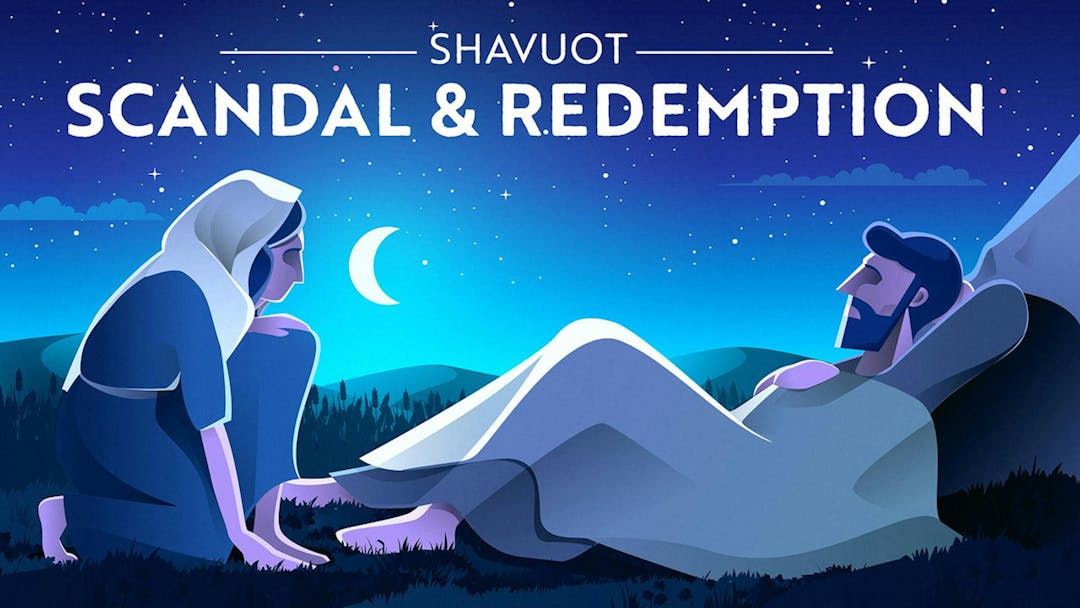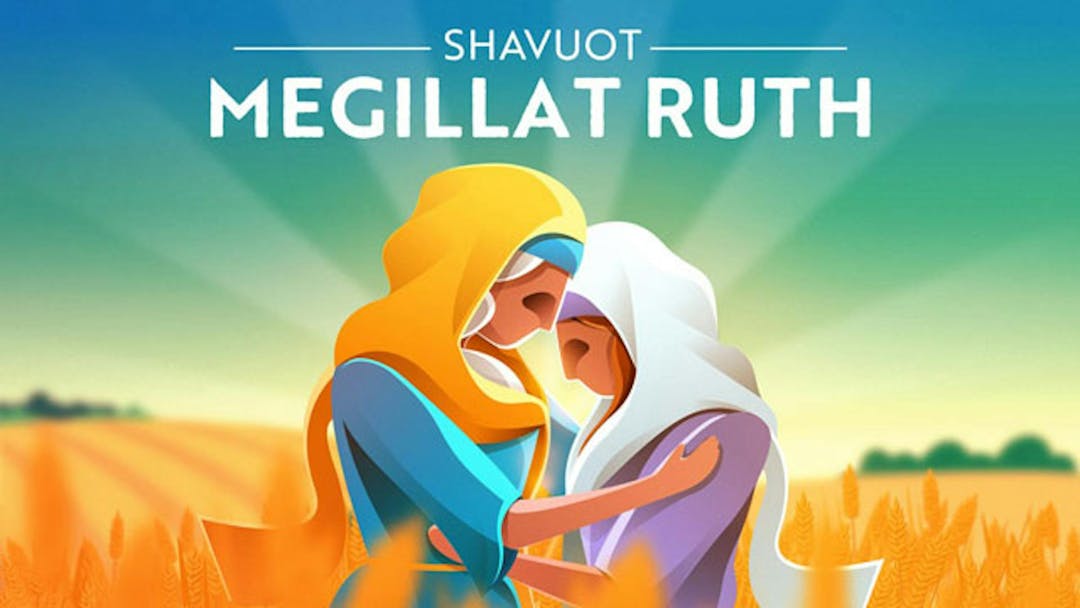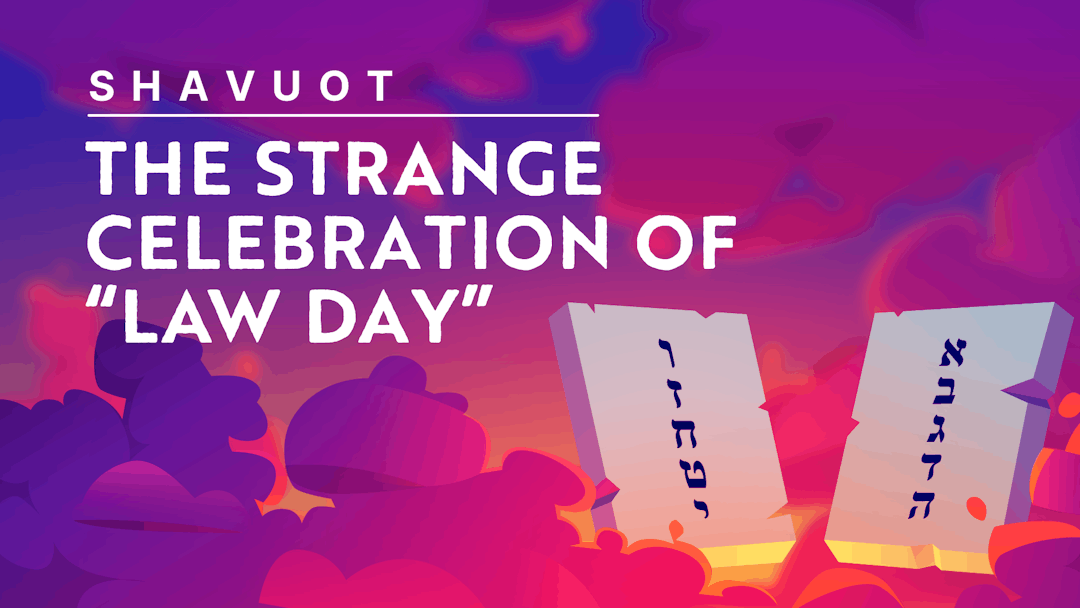Start your free trial today to unlock the full library and enjoy unlimited and uninterrupted access.
Get StartedThe Story of Boaz and Ruth in the Bible (Part 1 of 4)
Did Ruth Seduce Boaz?
How are we meant to understand the meaning of Ruth and Boaz's scandalous love story? The Book of Ruth is a charming tale, with its likeable protagonist and themes of devotion and kindness woven throughout — and who isn’t moved by that powerful scene, early in the book, when Ruth tells her mother-in-law: “Your people are my people, and your God is my God”?
But then… you get to the part with the love story between Ruth and Boaz. Ruth and Boaz's story starts off nicely, slowly… but did you catch that whole weird scene in Chapter 3? During the climax of the story, per Naomi’s instruction, Ruth anoints herself in oils, gets all dressed up, and goes down to Boaz in the middle of the night after he's been drinking. What are we supposed to learn from that? What did your kids think about that part? When you read the story of Ruth and Boaz in shul on Shavuot, did all of those ‘seduction’ themes enhance the spirituality of your Shavuot experience?
This love story between Ruth and Boaz can seem peculiar at best and uncomfortable at worst. So why do we read it on Shavuot, and why is it in God’s Holy Bible? Did Ruth seduce Boaz? What's the Bible lesson behind that part of Ruth and Boaz's story?
So it turns out that there’s a good reason that we read this story on Shavuot, there’s a good reason that Ruth and Boaz and their whole affair are included in the Bible — and no, we wouldn’t have been better off if the censors had clipped out Chapter 3 altogether (God forbid!). If they had, we’d have been much worse off, because we’d be completely missing one of the central lessons of the Book of Ruth - a lesson that can only be glimpsed when you read this story alongside the other stories of seduction in Ruth’s family. “Which stories of seduction?” you are wondering? You only knew about Chapter 3?
In this course, originally created for Shavuot, Rabbi Fohrman revisits the incidences of scandal that have plagued Ruth’s family for generations — and what he finds are, in fact, deep lessons about human relationships, about kindness, and about the ways that we can choose to manipulate one another or truly help one another. It’s a story that redeems the love shared between Ruth and Boaz.
Discover other great Shavuot videos at Aleph Beta, including ‘The Hidden Structure of the Ten Commandments’, ‘The Origin Of Shavuot’, and ‘Our Guide To Celebrating Shavuot’.
Want to watch the full video for free?
Enter your email and we’ll send you a link to watch the full series free.
What is Aleph Beta?
Aleph Beta is a unique kind of Torah library. Led by our founder, Rabbi David Fohrman, we are dedicated to high-level, textual Torah learning for adults that is intellectually and spiritually sophisticated, that enlivens your Jewish practice and helps you forge a deeper connection to God. Whether you’ve been learning in yeshiva for years or you’re just beginning your Torah journey, you’re sure to find something meaningful and surprising waiting for you here.
Browse our library of over 1,000 beautifully produced animated videos, podcasts, deep dive courses, and printable guides. Topics include the weekly parsha, Jewish holidays & fast days, laws & mitzvot, prayers, relationships, big philosophical ideas and more. Have something to say at the Shabbos table that will amaze your family and guests and bring deep meaning into their lives.











